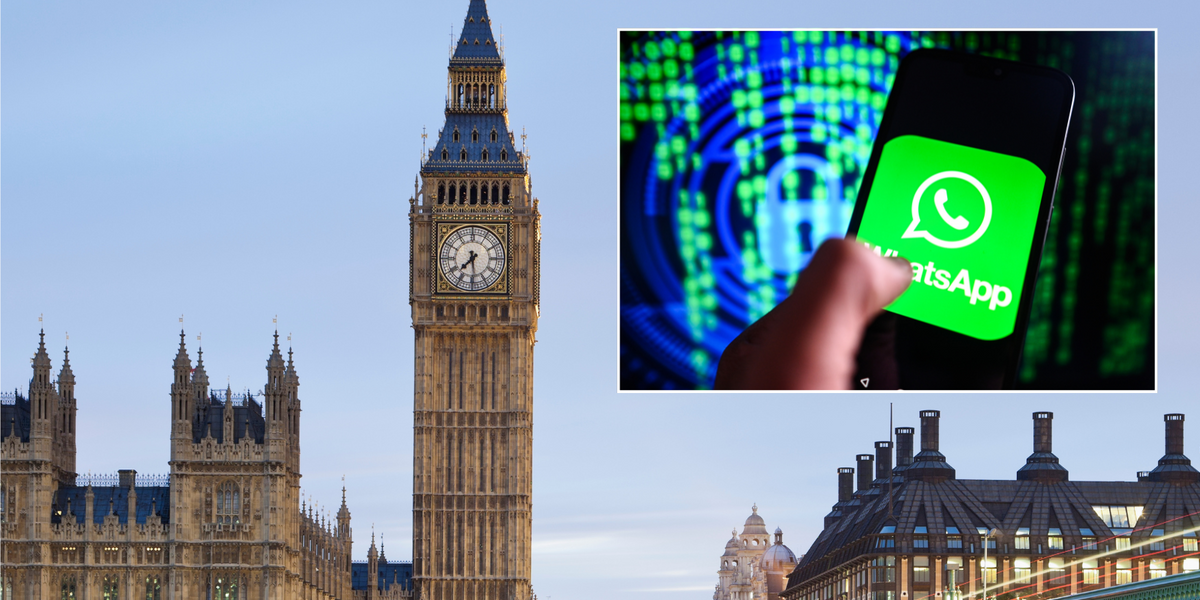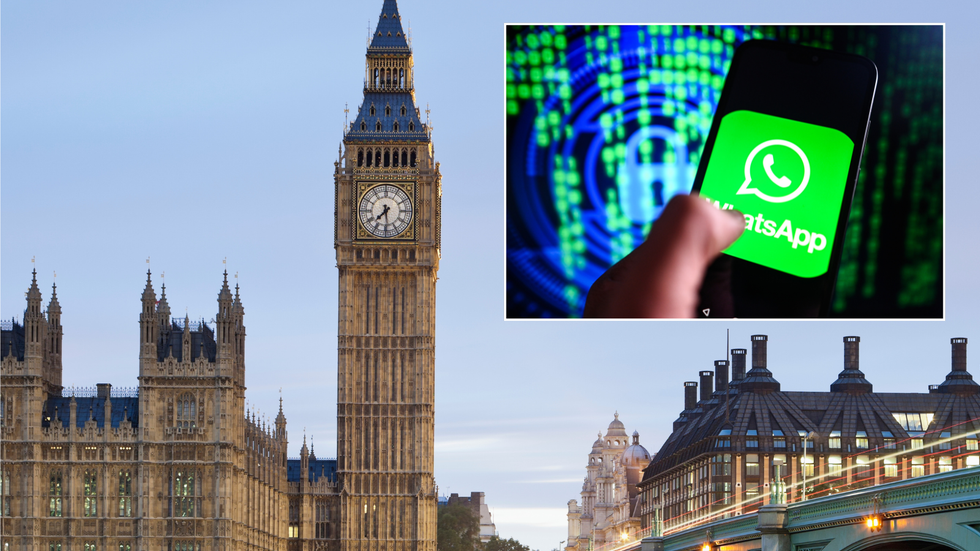
 Press Releases
Press Releases 
A Labour MP and a senior journalist were sent flirtatious unsolicited WhatsApp messages from an unknown user, in a situation similar to the recent Westminster honeytrap scandal.
Both men received messages from a user under the alias “Adrian” in early 2020, with the Labour MP later sending a naked photo of himself to the sender.

A Labour MP and a journalist received messages from a user under the alias ‘Adrian’ in early 2020
Getty
The profile pictures used were taken from individuals not involved in politics, but who all lived in the same town in Birmingham.
Both the MP and journalist were contacted by “Adrian”, who said he received their number from a politician friend before he began to send raunchy messages. “I think you f***ing hot,” one read.
“Adrian” refused to share his social media accounts with the men, due to fears about his “girlfriend” finding out. Similar claims were made by “Charlie” in the recent honeytrap scandal.
Upon realising the messages were likely a scam, the pair tracked down the real “Adrian” and informed him.
LATEST DEVELOPMENTS:
Last week, Senior MP William Wragg told the publication that he had leaked colleagues’ personal numbers after he sent explicit images of himself – which left him “scared” that the recipient of the images “had compromising things” on him.
He said he was “mortified” about the incident and apologised for his “weakness”.
The targets, all aged between 20 and 40, were contacted via WhatsApp or Grindr, a gay dating app. Most of the men targeted were gay.
The Metropolitan police admitted yesterday that they first received reports of the messages in Westminster last year, but officers failed to notify politicians.
They said: “There was nothing to suggest that those incidents were part of a wider pattern of offending that would have necessitated any sort of warning to parliamentarians and staff”.

Senior Conservative MP William Wragg admitted to leaking the phone numbers of his colleagues to a man he met on a dating app last week
PA
Head of the Cybersecurity Institute at the University of Liverpool, Dominik Wojtczak, said he thinks the messages were part of a “spear phishing attack”.
“This form of cyber attack is a highly personalised form of phishing which aims to collect compromising details about a victim.”
He said: “The purpose is most likely to simply obtain indecent images of the victims and then blackmail them.”
Commons Speaker Sir Lindsay Hoyle wrote to all MPs and staff this week to tell them that the parliamentary security department is conducting an investigation into the incident, urging anyone with knowledge of the messages to “come forward…and share the details and any concerns.
24World Media does not take any responsibility of the information you see on this page. The content this page contains is from independent third-party content provider. If you have any concerns regarding the content, please free to write us here: contact@24worldmedia.com